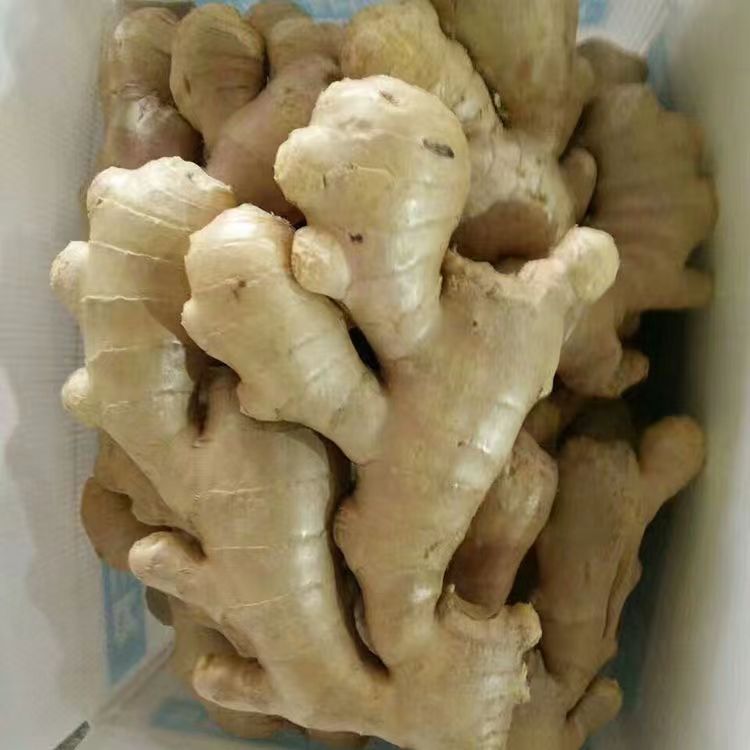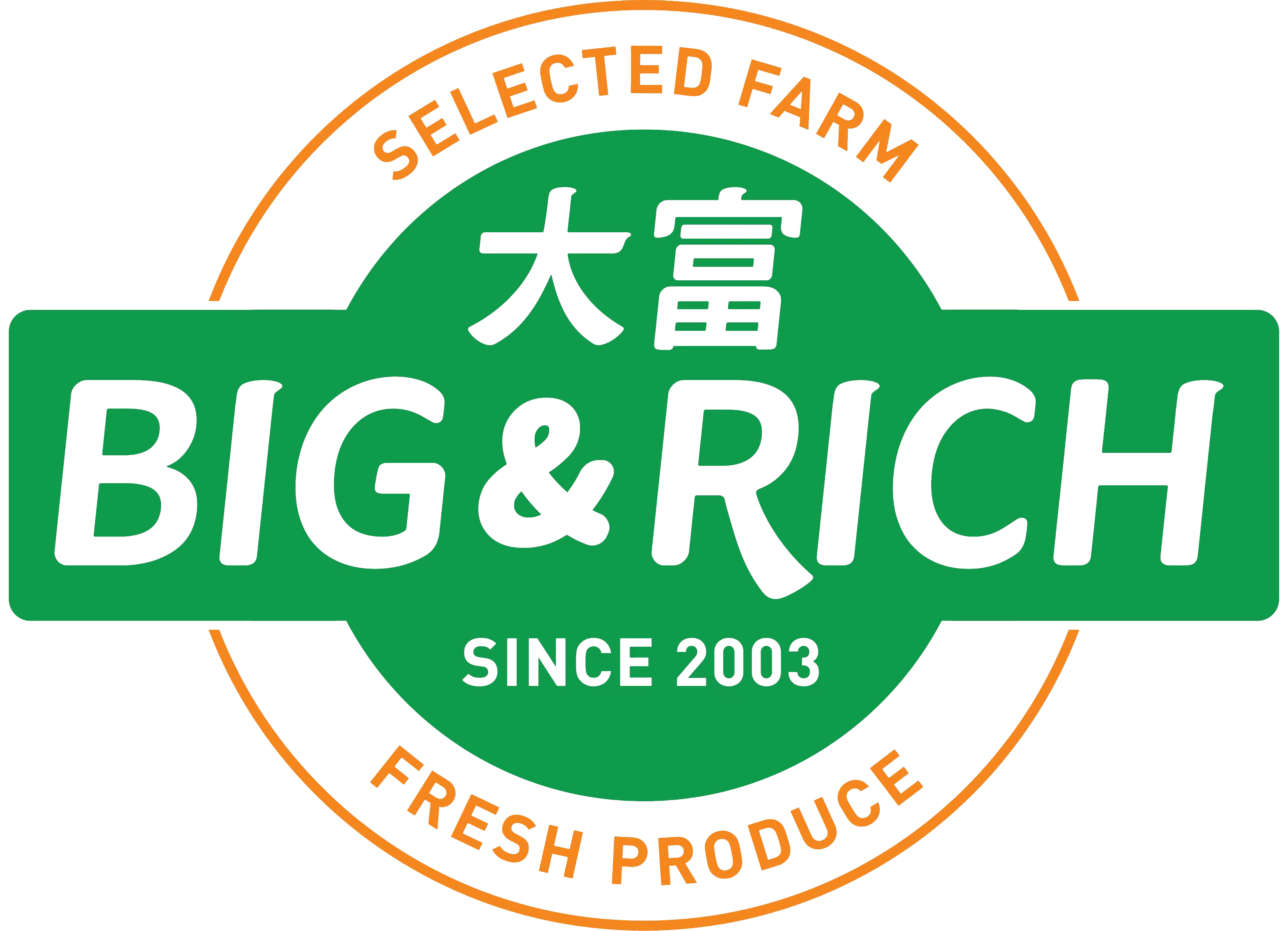Notes on Ginger Planting
Firstly, selecting the appropriate planting location is crucial. Ginger prefers a warm and humid environment, so it is best to choose a place with sufficient sunlight and good drainage for planting. In addition, the texture of the soil can also affect the growth of ginger. It is best to choose loose, fertile, and well drained soil.
Secondly, before planting ginger, it is necessary to properly treat the soil. Organic fertilizers and decomposed compost can be added to improve soil quality and increase soil fertility. In addition, deep plowing and loosening can be carried out to promote soil aeration and water retention.
Next, choosing the suitable ginger variety is also crucial. It is best to choose healthy and pest free ginger seeds for planting. Fresh ginger seeds can be purchased at local farmers' markets or agricultural cooperatives. In addition, ginger plants can also be planted by dividing them into several small plants, each with an independent root system.

During the planting process, attention should be paid to watering and fertilizing. Ginger prefers a moist environment, but it should not be overwatered to prevent root rot. It is best to keep the soil moist but not waterlogged. In addition, regular fertilization is also necessary, and organic or compound fertilizers can be used to provide nutrients.
Finally, attention should be paid to the prevention and control of diseases and pests. Ginger is susceptible to pests such as ginger borers and aphids, and can be controlled using biopesticides or organic pesticides. In addition, it is important to promptly remove weeds to avoid affecting the growth of ginger.


